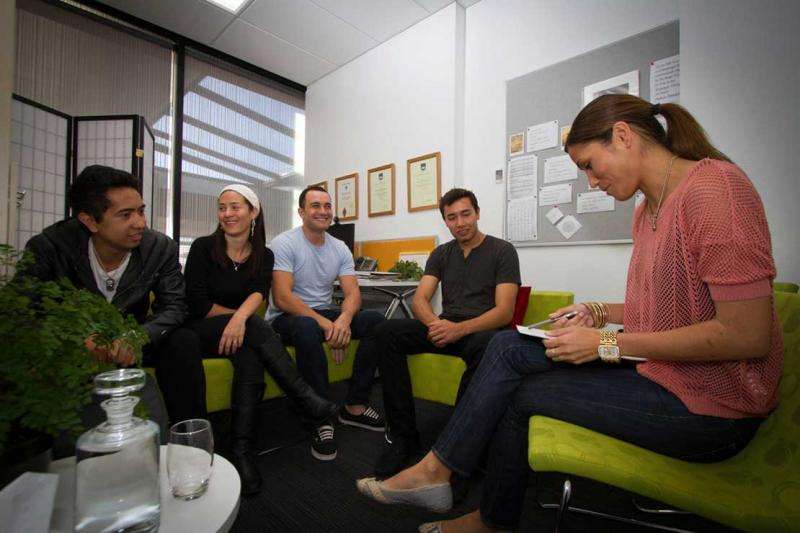Maori world view leads to greater life satisfaction

New research from Massey University has compared work/life balance and life satisfaction levels across seven cultures â and found that New Zealand MÄori scored the highest on both fronts.
The report's lead author Professor Jarrod Haar says that while the survey respondents do not represent all MÄori, it does show that culture plays a role in the way people assess their own sense of wellbeing.
"All of the 1416 employees we surveyed were professionals and they were all generally doing well. So, we're not saying that all MÄori are highly satisfied with life, but more that those MÄori who are employed feel better about their work/life balance and lives more generally than, say, PÄkehÄ.
Professor Haar and his fellow researchers compared employees from seven distinct cultures â Malaysian, Chinese, MÄori, PÄkehÄ, Spanish, French and Italian. The cultures roughly fell into two groups: those that were individualistic (PÄkehÄ, Spanish, French and Italian) and those that were more collectivist (Malaysian, Chinese and MÄori).
"Basically this is a cultural dimension that has significant impact on how people view their work and family responsibilities," Professor Haar says. "It's about whether they see themselves as independent individuals or as tightly linked to others as part of a group."
The study found that work/life balance was more important to workers from individualistic cultures. If they felt they were achieving it, they tended to be highly satisfied with work and life â but if they did not have work/life balance there were much stronger feelings of anxiety and depression.
"Meanwhile, those who are part of a collectivist culture accept that working hard or long hours can be inevitable if your main goal is achieving family security," Professor Haar says.
Good quality work and pay is important
In a comparison of MÄori and PÄkehÄ wellbeing, the research showed that MÄori workers in similar professional roles consistently felt more satisfied with their lot.
"Even if work is dominating their time, many MÄori employees feel they are meeting the demands of their culture by being good parents and providing what their wider whÄnau needs. They don't feel the same conflict or see it as a threat to their own personal wellbeing."
Sixty-seven per cent of MÄori respondents rated their work/life balance as above average, while only 58 per cent of PÄkehÄ felt the same way. When it came to life satisfaction, the gap was even wider â 81 per cent of MÄori rated their life satisfaction as above average, compared to only 59 per cent of PÄkehÄ.
"You can see from these figures that MÄori report higher levels of work-life balance, and the impact work-life balance has on overall life satisfaction appears to be stronger," Professor Haar says. "It might also highlight the importance of good quality work and pay â especially for MÄori."
The same pattern emerges when you look at the number of people reporting below average satisfaction levels â only 13 per cent of MÄori rated their life satisfaction as below average, compared to 25 per cent of PÄkehÄ.
"If your world view is not all about your own personal wellbeing, you are more likely to feel content with your work/life balance, even if it doesn't mean you're actually working less hours."
Provided by Massey University















